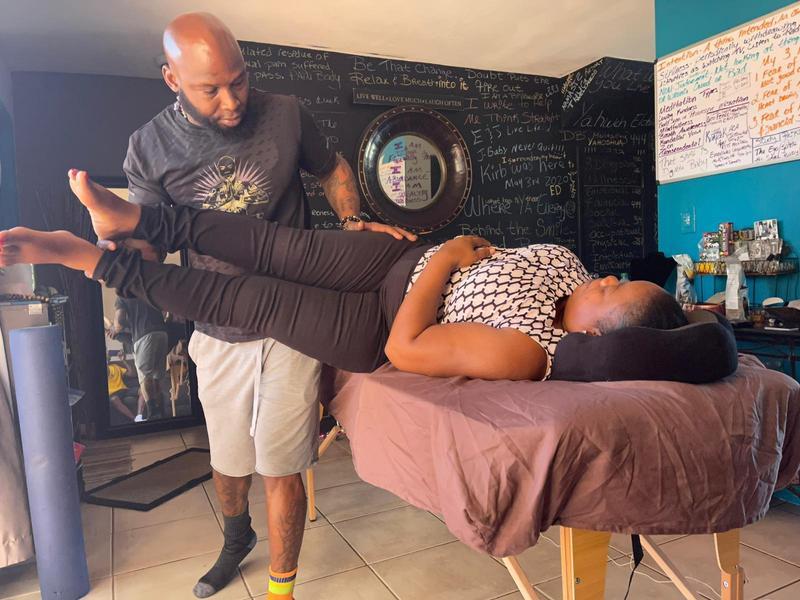Dynamic Table Stretching
What are the benefits of stretching?
Reduce pain.
Reduce risk of injury.
Reduce or eliminate tight muscles.
Reduce or eliminate stiff joints.
Improve circulation.
Improve posture.
Improve and enhance sex.
Make you feel and look younger.
What does stretch therapy do?
The overall goal of stretch therapy is to treat muscle tightness, joint imbalances, and tissue restrictions that cause movement distortions, aches and pains, and increased risk of injury. Over time, stretch therapy improves range of motion, leading to improved movement patterns and fewer injuries.
Does stretching burn fat?
Image result
While some people, well, a vast majority of them only perceive stretching as a way to prepare for proper exercising, in reality, stretching is a lot more than that. It will help you burn calories at a faster rate than you usually would and it will allow your entire body to lose weight better.
Dynamic Table Stretching doesn’t have reviews yet.
Click the button below to leave the first one!
About Coach Hamm "Namaste T.H.U.G (True Heart Under God) I am a survivor of 13 concussions over my lifetime. My mental health issues with Bi-polar started me on my journey. I embarked on finding tools and incorporating techniques to strengthen my mental health.I felt the power of Reiki, I knew I wanted to utilize this healing technique on myself as well as others.This prompted me to become a Reiki Master. Reiki assisted me in finding my inner-blissness. |
Coach Hamm "Namaste T.H.U.G (True Heart Under God) doesn’t have reviews yet.
Click the button below to leave the first one!
Be the first to post a message!
